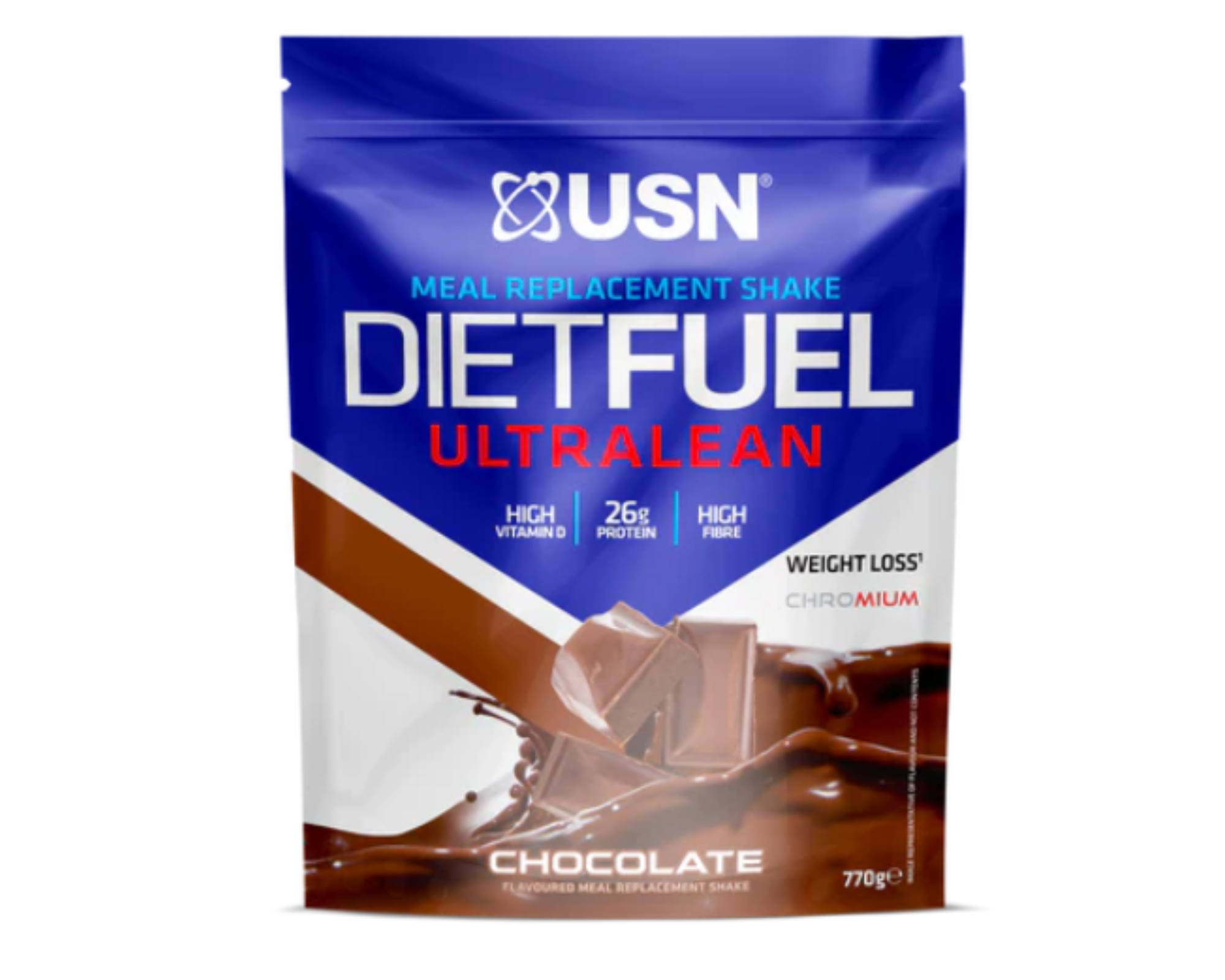UK coroner warns against protein drinks after death of Indian origin boy
The coroner’s report was issued after the 2020 death of Rahul Godhania, a teenager with a rare condition that triggered a lethal build-up of ammonia in the body due to the consumption of a large amount of protein.

A UK coroner has issued a warning about the dangers associated with over the counter and easily accessible high protein supplements and drinks after a 16-year-old Indian origin boy, Rohan Godhania, died as a result of consuming one such drink.
Tom Osborne, Senior Coroner for Milton Keynes area, south-east England, submitted a ‘Prevention of future deaths’ report to the UK health authorities suggesting that drinks of such nature should come with better labeling in order to prevent similar tragedies.
The Coroners and Justice Act 2009, provides coroners with the duty to make reports to a person, organization, local authority, or government department or agency where the coroner believes that action should be taken to prevent future deaths, as per the UK Judiciary’s website.
Godhania, 16, from Ealing in west London died after he became sick from a protein shake he consumed on August 15, 2020. He died three days later from brain damage. He was also diagnosed with a rare disorder he inherited from his mother.
The teenager reportedly died from ornithine transcarbamylase (OTC) deficiency, which prevents the breakdown of ammonia, and causes its build up in the body to lethal levels. The condition is triggered by an intake of a large amount of protein. Godhania had consumed a protein shake made from Ultimate Sports Nutrition (USN) said a report.
Osborne’s report said, “High protein supplements and drinks are easily accessible to the general public, yet their labels fail to adequately inform consumers about the potential dangers posed to individuals with urea cycle disorders such as Ornithine Transcarbamylase (OTC)B deficiency. This genetic disorder can lead to severe medical emergencies, requiring immediate medical intervention to prevent life-threatening complications. This disorder can be triggered by the sudden increased ingestion of protein.”
He suggested that “labels should prominently display a warning about the potential risks for individuals with an undiagnosed urea cycle disorder and include clear and concise information on symptoms of this and the importance of seeking immediate medical advice.”
ADVERTISEMENT
ADVERTISEMENT
E Paper
Video




 Yasmin Tinwala
Yasmin Tinwala













Comments
Start the conversation
Become a member of New India Abroad to start commenting.
Sign Up Now
Already have an account? Login